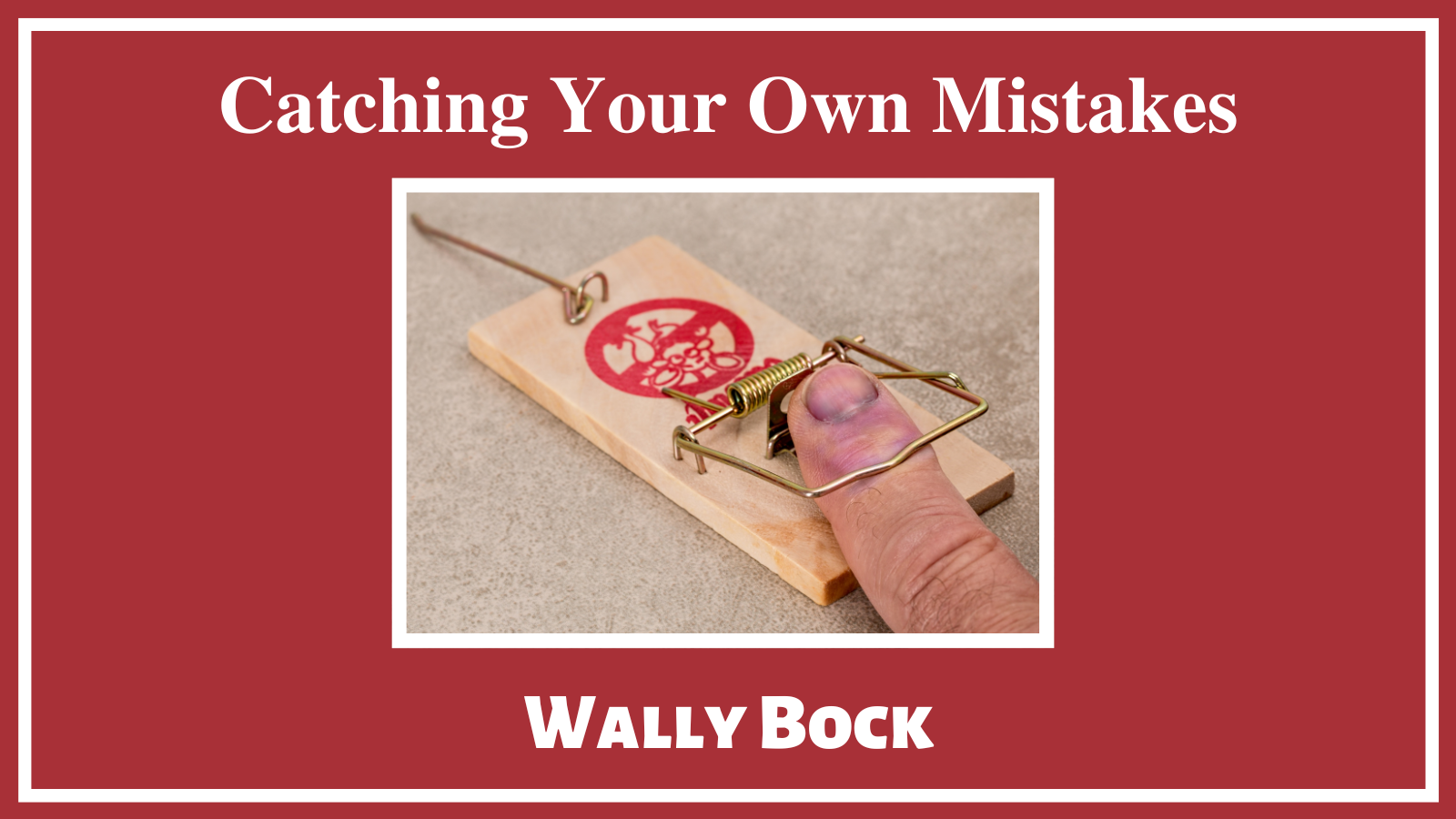At one point in my checkered career, I was the Director of Development for a seminary. Part of my job was to go out into the highways and byways and bring in donations of time, talent, and treasure.
I’m not a big fan of trooping along the highways and byways. So I decided to send out a letter that would let people know about all the ways they could support the seminary.
I expected the letter to make a big impact. It did, but not the way I expected. I had written a line about how people with special skills could “use those in the service of the church.” At least that’s what I intended to write.
Alas, I wrote, “sue those in the service of the church.” I missed the typo. And that’s how the letter went out.
My first alert to the typo came when I got a call from a friend, congratulating me for making it into the denominational magazine. I searched the magazine in vain to find mention of me or the seminary. No luck.
I called my friend back. He told me to look in the humor column. I did, and there was my typo. I wasn’t laughing.
That was probably my most embarrassing typo. But it wasn’t my first or last. Over the years I’ve found that I’m adept at creating typos. And I’m not very good at spotting them.
That’s being human. If you are human, you will make mistakes. Most of us don’t notice our own mistakes as quickly or easily as we do other people’s mistakes. We see and hear what we intended, not what we actually wrote or said.
You must look extra hard and take special care to see your own mistakes. Here are some things you can do.
Let your writing rest. The longer you let your writing rest before you publish, the more likely you are to catch your mistakes.
Have a sharp-eyed colleague read your piece. He or she won’t know what you intended and is more likely to catch errors of all kinds, typos included. Extra credit if your sharp-eyed colleague can catch grammar and usage errors. But beware. You get zero benefit if you don’t make changes based on what your sharp-eyed colleague tells you.
Read your writing aloud, slowly and carefully. Your mouth and ear will catch things that your eyes missed.
“What about using a spelling/grammar checker?” I hear you cry. You should do that with every piece, but there’s a problem. You can’t be sure that the spellchecker will catch all your typos.
Human nature is working against you in this. You cannot avoid mistakes. You must develop a process to find them and correct them. Then you must use the process religiously, on everything you write.
Takeaways
Have you ever made an embarrassing typo?
If you are human, you will make mistakes.
You will not spot your mistakes as easily as you spot other people’s.
You must make a special effort to spot and fix your mistakes.
Let your writing rest before you review it. The longer the better.
Have a sharp-eyed colleague read your piece.
Use a spelling and grammar checker.
Develop a process to spot and fix your mistakes.
Follow your “find and fix” process religiously.
